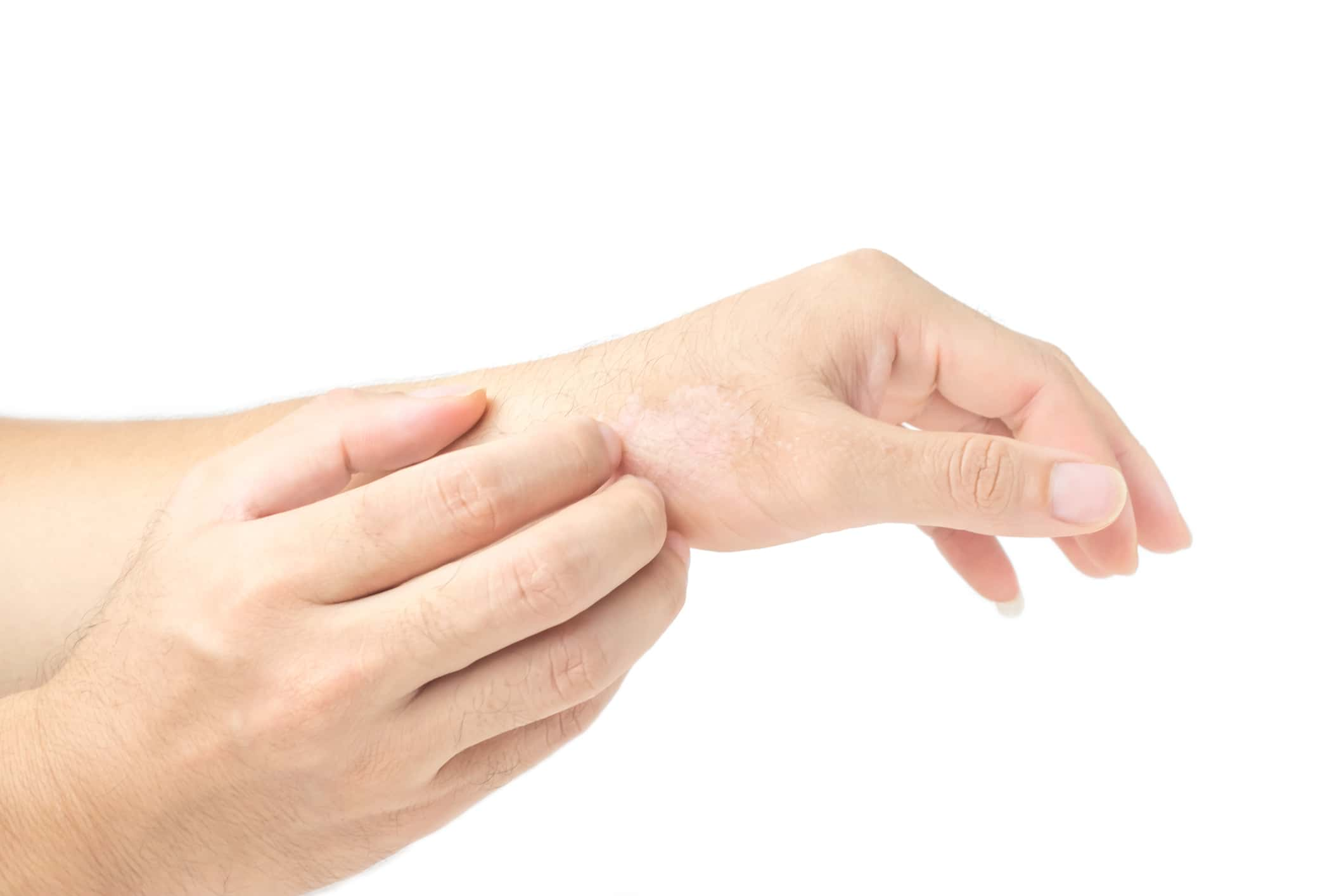OCEAN THREAT: Swimming in the sea considerably increases the risk of infection, says new study

Swimming in the ocean for just 10 minutes can significantly change the human skin microbiome — the body’s first line of defense — and increase the risk of infections, shows new research for the first time. The reason — while swimming, normal or healthy resident bacteria are washed off while ocean bacteria are deposited onto the skin. The findings were presented in June at ASM Microbe 2019, the annual meeting of the American Society for Microbiology, by the lead author of the study, Marisa Chattman Nielsen. She is a PhD student at the University of California, Irvine.
The researchers found ocean bacteria on all people who participated in the study after they had air dried completely following a 10-minute swim, as well as after six hours and 24 hours post-swim. Some participants had more ocean bacteria and/or had them persist for longer, say the researchers.
“From previous literature, we know alterations in the human skin microbiome can lead to various disease states. Our research demonstrated for the first time that ocean water causes a significant change in the human skin microbiome because ocean water washed off normal bacteria and simultaneously deposited ocean-borne bacteria onto the skin. These changes persisted for at least 24 hours, and this could present an opportunity for pathogenic organisms to cause infection,” Nielsen told MEA Worldwide (MEAWW).
Recent studies have shown that human skin microbiome plays an essential role in immune system function, localized and systemic diseases, and infection. A review article published in Nature Reviews Microbiology says, “Functioning as the exterior interface of the human body with the environment, skin acts as a physical barrier to prevent the invasion of foreign pathogens while providing a home to the commensal microbiota.” Accordingly, changes in the microbiome can leave a person vulnerable to infection, and influence disease states, say experts.
The skin is also the body’s first line of defense, both physically and immunologically, during exposure to contaminated water. Previous studies have shown the high prevalence of poor water quality at many beaches, due to wastewater and stormwater runoff. According to experts, exposure to these waters can cause gastrointestinal and respiratory illness, ear infections, and skin infections.
“People who go to the beach are more likely to report new health effects than those who do not go. These include skin infection and irritation, respiratory illness, and gastrointestinal illness, among others. I think what one hears about most often is Vibrio vulnificus because it is one of the deadliest,” Nielsen told MEAWW. According to the Centers for Disease Control and Prevention (CDC), “Vibrio vulnificus is one of about a dozen species of Vibrio bacteria that can cause human illness, called vibriosis. Vibrio naturally live in certain coastal waters and are present in higher concentrations between May and October.”

For their study, the investigators involved nine volunteers at a beach who met their criteria of no sunscreen use, infrequent exposure to the ocean, no bathing within the last 12 hours, and no antibiotics during the previous six months. The researchers swabbed the participants on the back of the calf before they entered the water, and again after they had air dried completely following a ten-minute swim and at six and 24 hours post-swim.
“Before swimming, all individuals had different communities from one another. But after swimming, they all had similar communities on their skin, which were completely different from the before swim communities. At six hours post-swim, the microbiomes had begun to revert to their pre-swim composition, and at 24 hours, they were far along in that process,” she says.
One very interesting finding, say the researchers, is that Vibrio species were detected on every participant after swimming in the ocean, and air drying. At six hours post swim, they were still present on most of the volunteers, but by 24 hours, they were present only on one individual.
Nielsen says that their research is not meant to scare anyone. “We know that we can get infections from our environment, and the ocean is no different. I would recommend a post-swim shower to help remove any potential pathogens from the skin,” she says.
According to Nielsen, their study is an important foundation for future research that could investigate the long-term implications, that is, a study analyzing those with frequent exposure to ocean water versus those with infrequent exposure.
"We hope to investigate the long-term impact of such exposure (for someone who frequently swims in the oceans) in future research. We aim to answer the question: Do those who have frequent ocean exposure have different microbiomes and is this associated with an increased risk of infection? We would also like to see how individuals respond to ocean water exposure over time, in different seasons, and at different beaches,” she told MEAWW.










